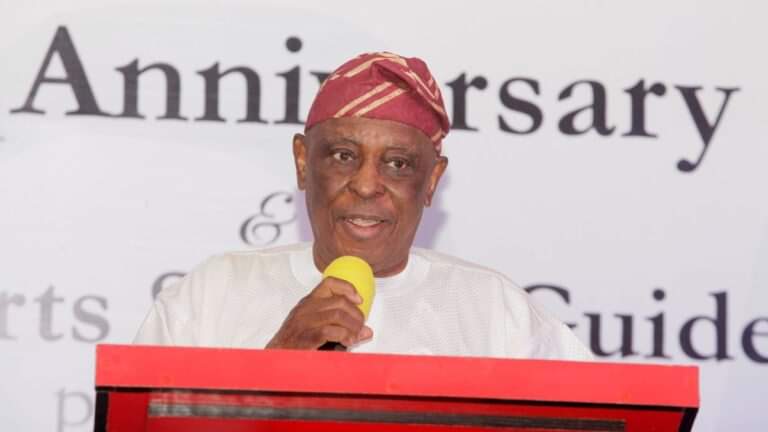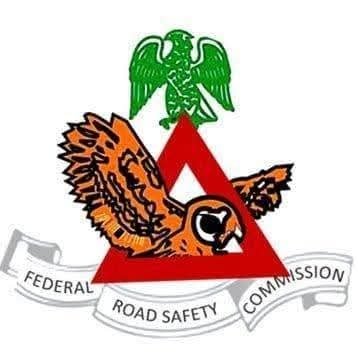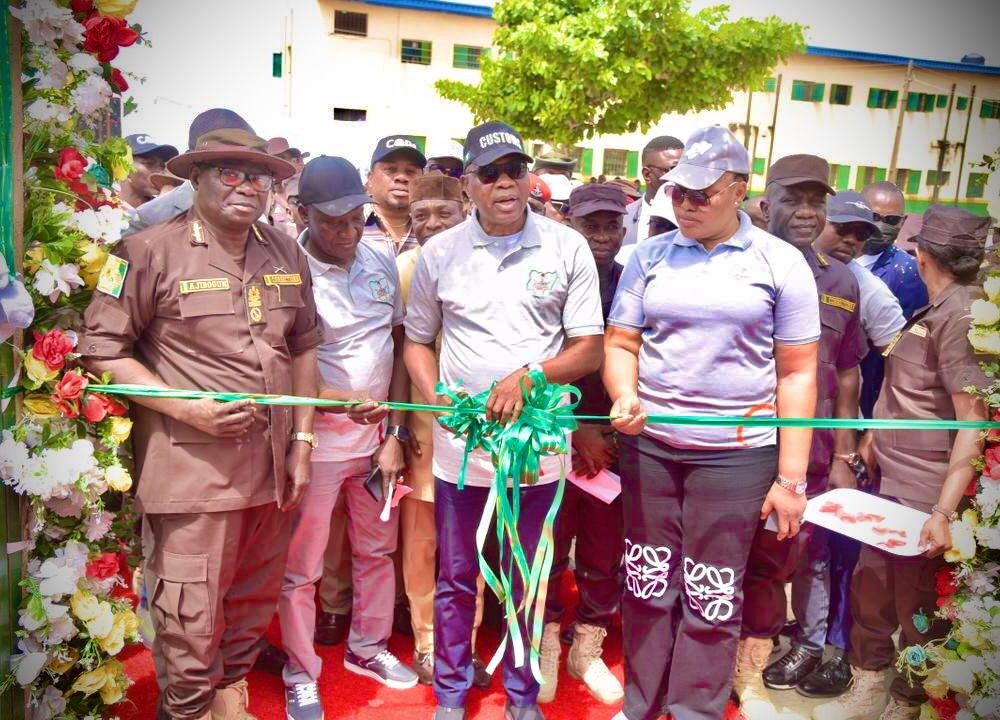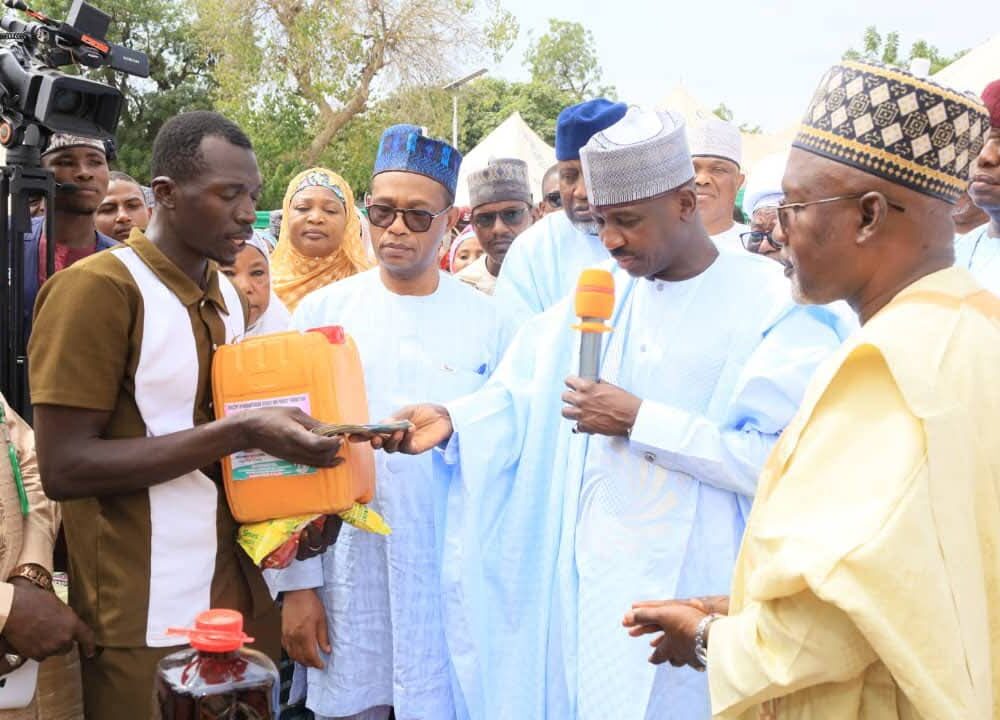Veteran journalist and former governor of Ogun State,Aremo Olusegun Osoba has called for journalism to mainstream women as both subjects and storytellers.
Aremo Osoba stated this at the 10th anniversary of the Wole Soyinka Centre for Investigative Journalism (WSCIJ) Report Women! Programme and public presentation of the Report Women! Experts source guide website on Thursday, 3 October 2024, in Lagos. At the event, speakers expressed hope that the female expert’s source guide would address the underrepresentation of women in newsrooms by providing journalists with access to a diverse range of female experts across various fields, ensuring their voices are in the national discourse.
Reflecting on the need for gender balance in the newsroom, Osoba, the chairperson of the occasion, lamented that society has overlooked the voices and leadership of women for too long. He noted that journalism must be responsible for telling stories and enabling equal opportunity across sectors. It must ensure that women are both the subjects and storytellers. He paid tribute to Yetunde Makanju, the late Oluremi Oyo, Funke Egbemode and Bunmi Sofola, among other women who blazed the trail in journalism in Nigeria for serving as role models for female journalists in the country.
According to Motunrayo Alaka, Executive Director/CEO, by connecting journalists with female experts, the guide will improve the visibility of women in the news and strengthen the overall quality and depth of journalism in Nigeria. She acknowledged the strides of the 86 fellows of the Female Reporters Leadership Programme (FRLP), who have risen to leadership positions after their fellowship. She also warned that data from the United Nations shows that it will take 140 years for women to be represented equally in positions and that the Global Media Monitoring Programmes (GMMP) said it will take 67 years to close the average gender equality gap in traditional news media.
Alaka expressed gratitude to funders and partners for their continued support, reaffirming their commitment to driving further progress in the years to come.
On his part, Dickens Olewe, Programme Officer, Bill and Melinda Gates Foundation, funders for the project, praised Motunrayo Alaka for her passion for the Report Women work and the WSCIJ’s efforts in advocating for equal coverage of women in journalism leadership. He congratulated WSCIJ for sustaining the programme over the last decade. He emphasised that the centre’s efforts through the Report Women! initiative marks significant progress in bridging the gender gap in media.
In his remarks,Chris Isiguzo, President of the Nigeria Union of Journalists (NUJ), applauded WSCIJ for amplifying women in the media. He noted that, with the female expert’s source guide, WSCIJ has caused a paradigm shift, providing Nigerian media with the tools needed to include more female voices in national conversations. Also, Funke Fayemi, co-chair of Report Women Network (REWON), expressed gratitude to WSCIJ for the opportunities for its Report Women Female Reporters Leadership Programme (FRLP) Fellowship provided fellows for career growth.
Michel Deelen, Consul General of the Netherlands, shared that the embassy’s feminist policy has been shaped by programmes like Report Women. He noted that women are underrepresented in the media, but their contributions are important to good governance. He added that through the 136 stories produced under the programme, he had learned much about issues confronting women and their giant strides.
In her goodwill message, Julie McKay, the Public Affairs Officer at the United States Consulate, highlighted the global problem of women’s underrepresentation in the media, stressed that it take deliberate and sustained efforts to address it. She stated that in the United States, women made up only 42% of media professionals, reflecting an imbalance in many parts of the world. McKay said the female experts’ source guide is a meaningful step towards overcoming barriers to featuring women’s sources in the news.
On her part, Omowunmi Akingbohungbe, Executive Director of Women in Management, Business and Public Service (WIMBIZ), congratulated WSCIJ for its ten-year achievements in giving voice to women. She noted that equality is not a woman’s issue. It is a human rights issue. Chinyere Okunna, Deputy Vice-Chancellor, Paul University, Awka, and the first female professor of Mass Communication in West Africa, expressed concern over the perennial gender imbalance despite the many years of work in gender equality. She expressed her hope with the launch of the experts’ source guide, to eliminate the frequent excuse of journalists that there are no female experts’ sources. Representing Ifeyinwa Omowole, Head of Editorial Operations, at the News Agency of Nigeria (NAN), Ijeoma Popoola, Head of the Metropolitan Desk, at the agency, highlighted the importance of sharing success stories of women to inspire future generations.
At a panel discussion during the event, Amina Salihu, Deputy Director of the MacArthur Foundation, spoke on the foundation’s On Nigeria Programme, which ensures that marginalised voices, including those of women, are heard. She noted that many women face ‘poverty of time’ as they combine multiple responsibilities that can hinder their participation in various opportunities.
She commended the strategy behind the experts’ source guide, stating that it will enhance access to female expertise and ultimately contribute to a more inclusive media landscape.
Speaking during the panel, Alaka highlighted the potential of the source guide to aid reporters in connecting with women leaders who can contribute their expertise. She called for a concerted effort to ensure women are in boardrooms and leadership positions within media organisations. On his part, Kabir Alabi, Vice President (West) of the Nigeria Guild of Editors, who represented Eze Anaba, President of the guild, acknowledged the challenges of engaging female experts, noting that the newsroom relied heavily on diverse sources. He expressed optimism that the source guide would facilitate greater involvement of women in media discussions, which is essential for balanced reporting. He urged journalists to improve their contacts to build credibility of their news stories.
A highlight of the event was a documentary underscoring the strides and achievements of the Report Women programme in the last ten years and a demonstration of the functionalities of its expert source guide website. Bimbo Oloyede, Chief Executive Officer, Strictly Speaking; Abigail Ogwezy-Ndisika, University of Lagos (UNILAG), Director of the Institute of Continuing Education (ICE), University of Lagos (UNILAG); Lanre Idowu, Chief Executive Office/Editor-in-Chief Diamond Publications; Lekan Otufodunrin Executive Director Media Career Development Network; and Stella Din Jacob, Editor-in-Chief TVC News.
Also in attendance were students of Yaba College of Technology, UNILAG, Lagos State University (LASU), Babcock University, Adekunle Ajasin University and Usmanu Danfodiyo University Sokoto Deen Master Schools, Keystone College and Kuramo Senior College in and interns of the Media Career Development Network and Voice of Nigeria.





